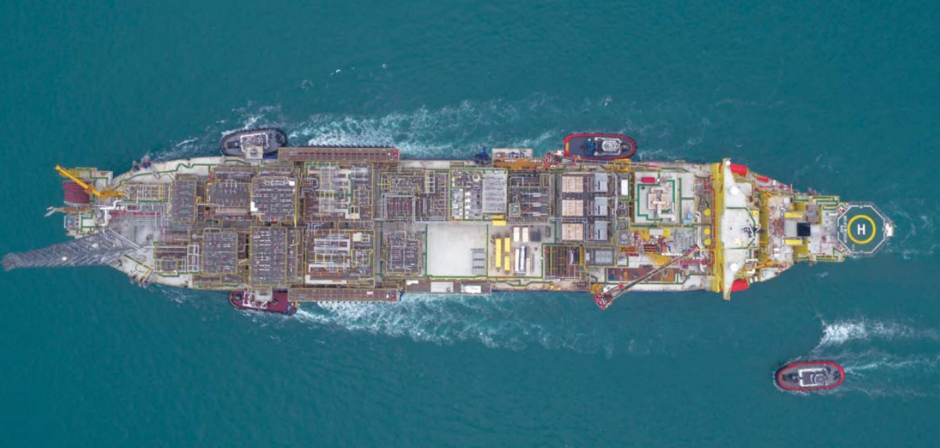
Aker Energy has reiterated its commitment to Ghana’s Pecan field, although not going so far as to commit to timing on a final investment decision (FID).
The company put its FID plans on hold in March. Now, Aker Energy has said it is working to affirm Pecan’s feasibility to be developed through a phased approach by carrying out conceptual studies.
The company said a phased development, plus a redeployed floating production, storage and offloading (FPSO) vessel would reduce capital expenditure and the breakeven cost. By cutting these costs, it makes sanctioning the plan more likely.
Aker Energy said it was considering “several FPSO candidates” for the field and a decision would be taken on technical capabilities and cost.
The company announced a deal with Malaysia’s Yinson Holdings in February but, amid its March rethink, this was terminated. At the same time, Aker Energy was reported to have cut around 150 jobs.
While most companies are putting development projects on hold, “Aker Energy and our partners, Lukoil, Fueltrade and GNPC, working closely with the government of Ghana, are actively pursuing a development concept where we can commence phase one of a phased development of the Pecan field,” said Aker Energy’s CEO Håvard Garseth.
The aim, he continued, was to establish a development concept with a “breakeven price that is sustainable and resilient also in a low oil price environment”.
The initial plan had been for one FPSO centrally located. The new approach will see an FPSO deployed to the south, for the Pecan field, which could be followed by a second vessel in the north some years in the future. The first FPSO would be ultra-deepwaters, ranging from 2,400 to 2,700 metres.
Ghana Deputy Ministry of Energy Mohammed Amin Adam said projects such as Pecan were “key toward our mission of making Ghana a major producer in West Africa and Africa as a whole”.
Aker Energy’s parent Aker, in its May report, said deepwater projects such as Pecan had been particularly hard hit by the oil price slide “due to the significant upfront investments required to bring such developments onstream”.
Recommended for you

